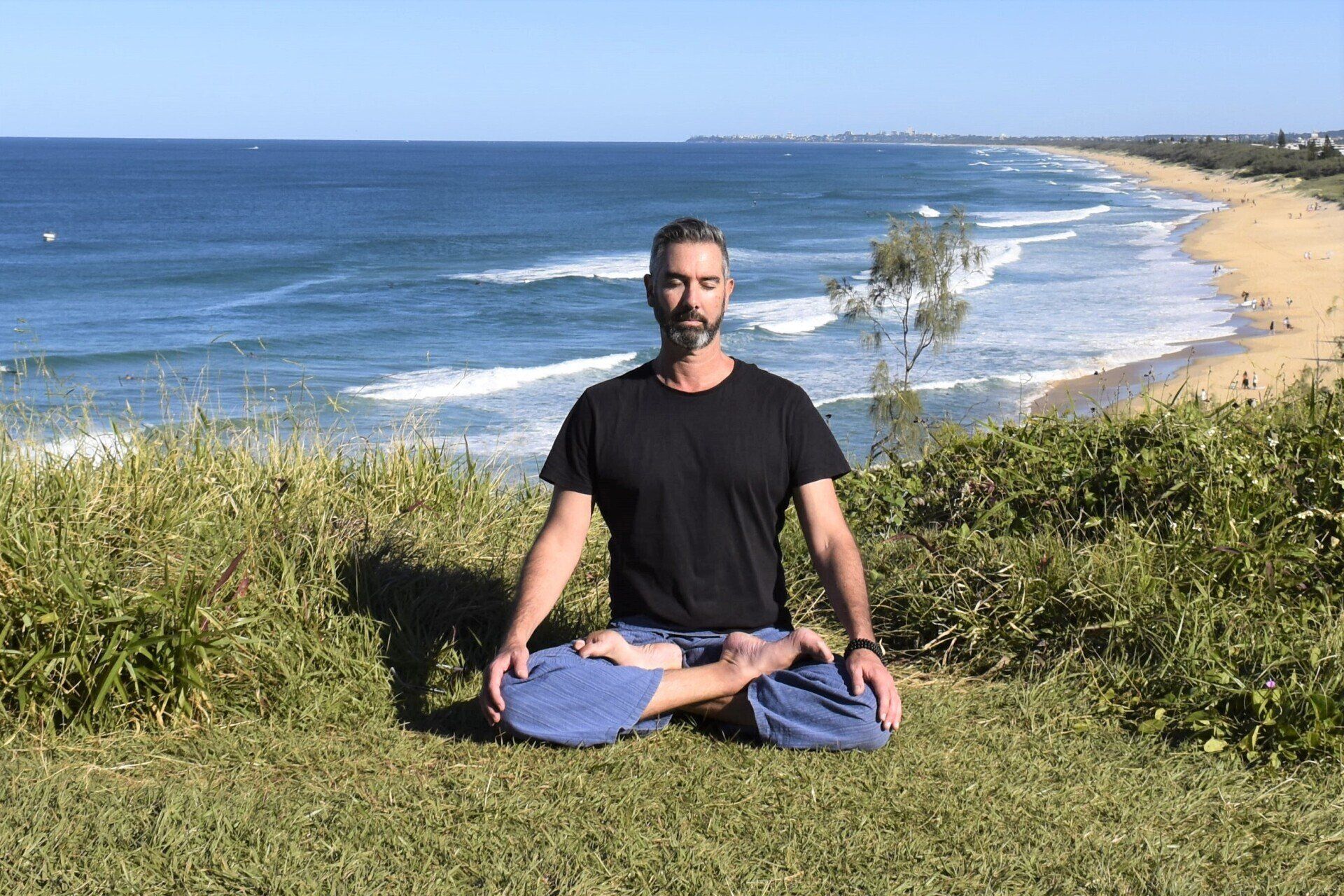15 Essential Happiness Habits For A Happy Life
Happiness, of “subjective well-being”, is a state of mind – how we feel about yourself and our life. In this sense, anything we do can either makes us feel happy or worse.
BODY
1. Exercise Regularly
If there was a drug that provided all the benefits that exercise does, the whole world would be taking it.
Takeaway: Don’t have time to go to the gym or join a club? Well, 7 minutes of well-planned exercise, or other minimalistic workouts might be all you need.
2. Eat better
Joshua Rosenthal, author of Integrative Nutrition , suggests us to:
- Drink more water
- Practice cooking
- Increase whole grains
- Increase sweet vegetables
- Increase leafy green vegetables
- Eat less meat, dairy, sugar and chemicalized, artificial junk foods; consume less coffee,
alcohol and tobacco
Takeaway: two huge salads a day + more water
3. Sleep more
- Learning and memory: Sleep helps the brain commit new information to memory through a process called memory consolidation. In studies, people who’d slept after learning a task did better on tests later.
- Metabolism and weight: Chronic sleep deprivation may cause weight gain by affecting the way our bodies process and store carbohydrates, and by altering levels of hormones that affect our appetite.
- Mood: Sleep loss may result in irritability, impatience, inability to concentrate, and moodiness. Too little sleep can also leave you too tired to do the things you like to do.
Takeaway: make sure you are getting enough sleep.
MIND
4. Meditate
According to Shawn Anchor, “ research even shows that regular meditation can permanently rewire the brain to raise levels of happiness ”. Another academic, Dr. Herbert Benson of Harvard Medical school, also found in his research that meditation had a positive effect in treating anxiety, depression, obsessive thinking, and hostility.
There are a few good platforms out there for you to get started with meditation:
5. Keep a journal
Some people like using paper journals, others like using apps (like the uber-popular Day One, for iOS and Mac ). How much and how often to write is up to you. What should you write about? Here are some triggers:
- random creative ideas that come to you
- things you are grateful for
- your goals and aspirations
- internal stuff that you need to process better
- food you eat, and other habits you are building
6. Practice smiling
This may sound corny, but smiling is healthy and also improves your well-being. It makes you live longer, look more attractive, be better at work , and feel better. There are quite a few studies about it – check out this TED talk for more information. Why a simple smile is the key to relaxation.
7. Less TV time
Your television set can make you rich or poor. If you watch it all the time, it will make you poor. Psychologists have shown that the more television you watch, the lower are your levels of energy and self-esteem. At an unconscious level, you don’t like or respect yourself as much if you sit there hour after hour watching television. People who watch too much television also gain weight and become physically unfit from sitting around too much. Your television can also make you rich—but only if you turn it off. When you turn off your television, you free up time that you can then use to invest in becoming a better, smarter, and more competent person. When you leave your television off when you are with your family, you will find yourself talking, sharing, communicating, and laughing more often. When you leave your television off for extended periods of time, you break the habit of watching television—and you will hardly miss it at all. Your television can be an excellent servant, but it’s a terrible master. The choice is yours.
In the book The Power of Full Engagement , the authors list “turning off the TV” as one of the key contributors to high achievement:
“Television, for example, is one of the primary means by which most people relax and recover. For the most part, however, watching television is the mental and emotional equivalent of eating junk food. It may provide a temporary form of recovery, but it is rarely nutritious and it is easy to consume too much. Researchers such as Mihaly Csikszentmihalyi have found that prolonged television watching is actually correlated with increased anxiety and low-level depression.
Takeaway: Cut your TV time in half. Pick up a book instead, have meaningful talks, or listen to some podcasts.

8. Simple life = happy life
Too many options or choices makes us unhappy.
Too much activity distracts us and stresses us, preventing any real fulfillment.
Too much food makes us fat and destroys our health.
The list is almost endless. But “less is more”, so let’s keep it short ?
The reason why it’s so hard to simplify is because we humans are wired to fear loss. We dread the thought of missing out on an opportunity, a friendship, or giving away those pants we spend a lot of money on but wore it only once 3 years ago. The problem is that we fail to realize how much this tendency is actually slowing us down and stuffing up our life.
Here are some (perhaps painful) exercises for you to try:
- Do a spring cleaning in you home, and give away / throw away half of all things that you have not used in the past 12 months
- Delete all the apps on your phone that you have not used on the past 6 months
- Close those 30 tabs open in your browser. Are you even gonna read all that stuff?
- Make a list of 3 people you no longer want to spend time with, because they are not adding anything to your life
- Make a list of 3 activities or projects you want to say “no” to
Takeaway: simplify your life. Try the exercises suggested above.
9. Keep a beginner’s mind
That is a quote from Zen Mind Beginner’s Mind , one of my favorite bedside table books of my teenage years. The Japanese term for this is “Sho Shin”.
A beginner’s mind is full of energy, openness. It is ready to accept every challenge, because it doesn’t have a concept of how things should be. That is why there is such a pleasure and zest in starting something new, be it a new hobby, learning a new skill, and kicking off a new business or career.
The true enemy of beginner’s mind is laziness, and the desire for comfort. It closes us down to what we currently have and prevents us from growing to new heights.
Takeaway: Keep an open a hungry mind. Leave space for the unexpected, for serendipity.
LIFE
10. Write down your goals
There was a fascinating study conducted on the 1979 Harvard MBA program where graduate students were asked “have you set clear, written goals for your future and made plans to accomplish them?” The result, only 3% had written goals and plans, 13% had goals but they weren’t in writing and 84% had no goals at all. Ten years later, the same group was interviewed again and the result was absolutely mind-blowing.
The 13% of the class who had goals, but did not write them down was earning twice the amount of the 84% who had no goals. The 3% who had written goals were earning, on average, ten times as much as the other 97% of the class combined!
Takeaway: Stop for a minute and write down your three most important long-term goals in life. Are they translated into short-term goals and present actions for you?
11. Nurture close relationships
Spending time with those you really care about – your close friends, your partner, and your family – will bring you much more satisfaction than the stuff your money can buy. Not spending quality time with the people you love is actually one of the top regrets of the dying.
Also, there are studies that correlate marriage, or a committed long-term relationship, to higher satisfaction in life. “ Intimacy, commitment, and support do, for most people, pay emotional dividends ”, reports Psychologist David Myers.
Takeaway: nurturing meaningful close relationships pays off.

12. Give, Volunteer, Serve
In the words of Professor Martin Seligman, “father” of Positive Psychology :
…we scientists have found that doing a kindness produces the single most reliable momentary increase in well-being of any exercise we have tested.
Takeaway: every once in a while do something good for somebody that can never repay you.
13. Spend time in nature
“Poets and philosophers have always counseled people regarding the benefits of being in nature, and now science is catching up. In a study published in the journal Psychological Science in 2008, neuroscientist John Jonides, Ph.D., and his colleagues measured students’ performance on tests of memory and attention before and after taking a walk. One group strolled through a beautiful arboretum near the campus of the University of Michigan, and the other walked in downtown Ann Arbor. The researchers discovered that those who walked in nature improved their test scores by 20 percent, while those who walked in the city showed no improvement (moreover, they reported a decline in perceived well-being). The researchers concluded, “In sum, we have shown that simple and brief interactions with nature can produce marked increases in cognitive control. To consider the availability of nature as merely an amenity fails to recognize the vital importance of nature in effective cognitive functioning.””

14. Cultivate morning rituals
You have to experiment and see what works in your lifestyle. Great things to include are:
- breakfast
- some stretching or light exercise
- a few minutes of meditation
- planning your day – write down the three most important things you need to do today
Takeaway: what is the best way to start your day?
15. Pause, look, proceed
To see well, you must not look always. You cannot solve a problem with the same level of thinking that created it.
We have a cult of speed and busy-ness in our society. But being busy is not the same as being productive. It can often be an escape from something.
In order to live better, we need to create space to breathe, and to think. We need to praise slowness more.
Nothing is gonna happen if you miss that next update, phone call, or tweet.
Takeaway: slow down. Take a break when needed. Create space to stop and think outside of the box
Written by Giovanni Dienstmann
Get A FREE
Guided Meditation Series
with Chad Foreman

TAKE THE NEXT STEP
Take The 21 Day Meditation Challenge
Get A FREE Series
of Guided Meditations
with Chad Foreman
Email: chad@thewayofmeditation.com.au
The Way Of Meditation
Site Map
The Way Of Meditation











